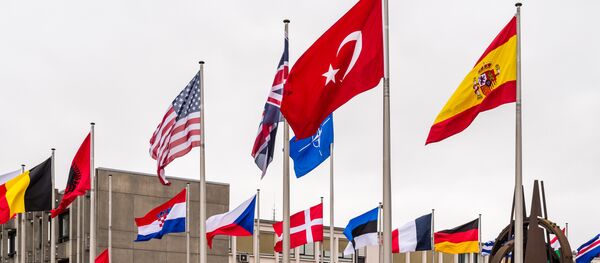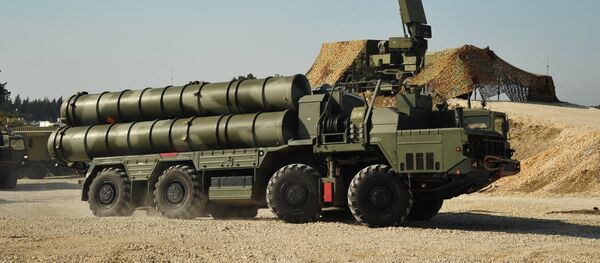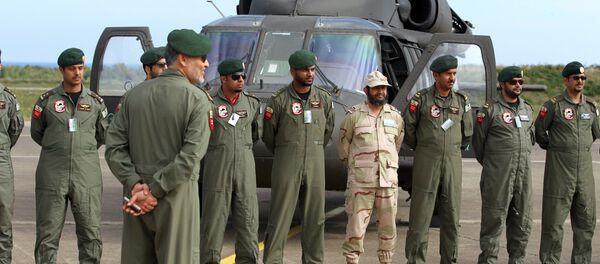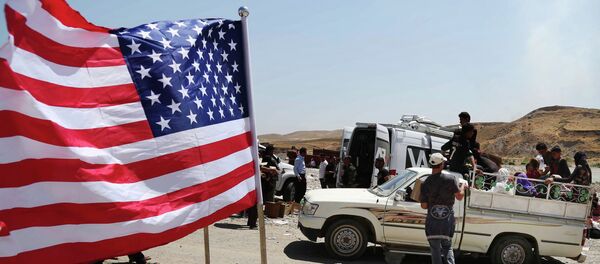The first mistake, he says, is the decision to expand NATO right to Russia’s borders.
“Russia kept saying: Let’s do a Pan-European Security Arrangement like Gorbachev and Reagan proposed.” The NATO-expanders said, “This is not military, this is about democracy and free trade, it’s going to be good for Russia, swallow your poison with a smile.”
And when the Russians had no choice in the 1990s, they did; but when they grew stronger and had a choice, they no longer stood by silently.
The second: “The refusal on the part of the United States to negotiate on missile defense: Missile defense is now a NATO project.”
“Russians are absolutely convinced that it is targeted at their nuclear retaliatory capabilities. We say, “Oh no, it’s about Iran, it’s not about you.”
But, Professor Cohen explains, the latter-stage missile defense is an offensive weapon that can hit Russia’s installations. It also violates the IMF Agreement because it can fire cruise missiles.
“Meanwhile we are accusing Russia of developing cruise missiles again; and they have begun doing so again because we are back in an unnecessary tit-for-tat arms race for the first time in many years.”
The third:“Meddling in Russia’s internal affairs in the name of democracy promotion.”
“He then said it directly to Putin’s face. Imagine, Putin comes here in the next few weeks and tells Rubio or Clinton they should drop out of the US presidential race!”
There aren’t any red lines left anymore when it comes to the US behavior toward Russia, the expert says.
“Do we have the right to say or do anything we wish? This extends to everything, and it certainly extends to politics.”
The fourth: ‘The lost partnership with Russia.”
“Here is the bottom line: We in the United States cannot lead the world alone any longer, if we ever could.”
“Long before Paris, globalization and other developments have occurred that ended the mono-polar, US-dominated world. That world is over. A multipolar world has emerged before our eyes, not just in Russia but in five or six capitals around the world.”
“Washington’s stubborn refusal to embrace this new reality has become part of the problem and not part of the solution.”
The expert explained that terrorists today are using conventional weapons, bombs, mortars, and guns. But if they had a cup of this radioactive material in Paris, Paris would have needed to be evacuated. This is the real threat today.
"This kind of threat cannot be diminished, contained, still less eradicated unless we have a partner in the Kremlin."
"I don’t care whether we like the Kremlin leader or not; what we need is recognition of our common interests for a partnership—the way two people in business make a contract. They have the same interests and they have to trust each other—because if one person violates the agreement, then the other person’s interests are harmed."






